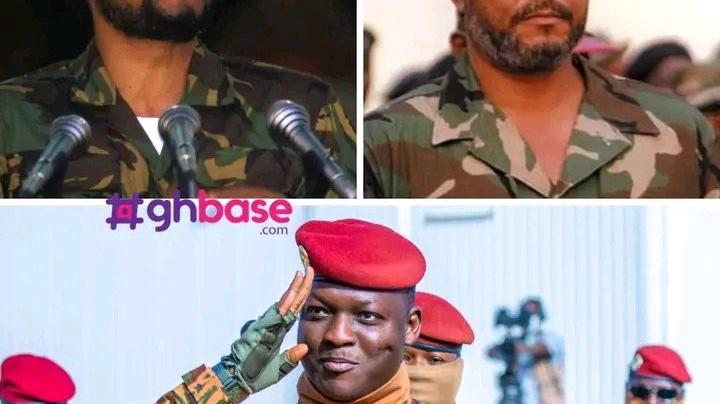Ouagadougou’s Place de la Révolution fell silent, then thundered with applause on Saturday as Burkina Faso honoured its martyred captain, Thomas Sankara. Yet the ceremony’s spotlight soon widened to embrace another revolutionary icon: Ghana’s late Flight Lieutenant Jerry John Rawlings. Though borders separate Accra and Ouagadougou, the gathering portrayed Rawlings and Sankara as ideological twins—soldier-leaders who shattered complacency and demanded that power answer to ordinary Africans.
Delegations from Ghana—among them ex-ministers, scholars, and youth activists—stood shoulder-to-shoulder with Burkinabè officials beneath banners reading “Serve the People.” Speakers recalled Rawlings’s 1979 and 1981 uprisings, his “house-cleaning” crusade against corruption, and his insistence that government be measured by the price of kenkey, not the comfort of elites. “When Rawlings spoke of justice,” one Burkinabè historian declared, “Sankara heard an echo.”
Captain Ibrahim Traoré, Burkina Faso’s current transitional leader, led the tribute. He drew cheers when he cited Rawlings’s maxim—“The people have the right to a decent life”—and pledged to pursue the same uncompromising accountability. Attendees noted the symbolism: a young captain saluting two predecessors who fused uniform and populism into a single, urgent mission.
Ghanaian representatives responded in kind. Former deputy foreign minister Akwasi Osei-Adjei praised Sankara’s self-sufficiency campaigns and linked them to Rawlings’s own calls for African economic sovereignty. Student groups chanted slogans in both Moore and Twi, underscoring a sentiment that revolutionary ideals recognise no colonial border.
The dual remembrance underscored a wider message. In an era of coups and contested mandates across West Africa, organisers framed Rawlings and Sankara as reminders that legitimacy springs from service, not tenure. Wreaths laid beneath their portraits formed an unbroken arc—two nations, one narrative of fearless leadership.
As twilight settled over Ouagadougou, drums rolled and the crowd sang liberation anthems. The evening closed not with eulogies but with a collective pledge: to keep alive the raw, principled energy that once animated both JJ Rawlings and Thomas Sankara—and, perhaps, to rekindle it for the battles ahead.
